Helping others is known as prosocial behavior. This article is about how to boost the development of prosocial behavior in preschoolers…
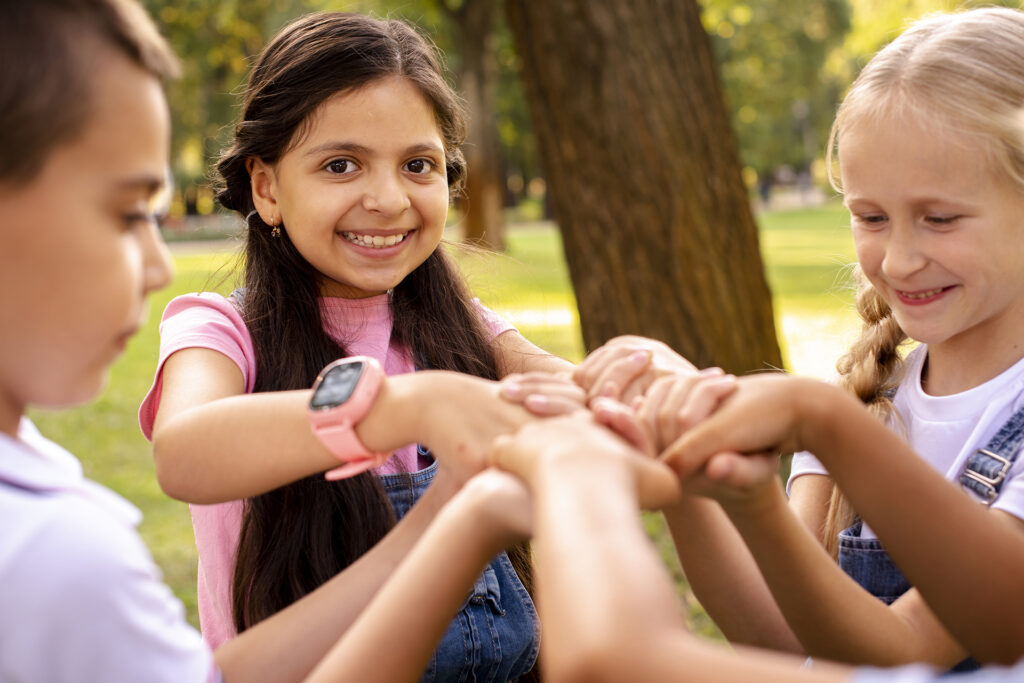
Development of prosocial behavior in preschoolers
What is prosocial behavior?
Prosocial behavior in preschoolers refers to actions and behaviors that are oriented towards helping others, sharing, and showing concern for others. Preschoolers are at an age where they are developing their social skills and emotional intelligence, and prosocial behavior is an important aspect of this development.
Examples of prosocial behavior in preschoolers can include:
- Sharing toys with others
- Offering to help a friend with a task or activity
- Comforting a peer who is upset or crying
- Following rules and taking turns during games and activities
- Using polite language and manners when interacting with others
- Expressing gratitude and saying “thank you” to others
How to develop prosocial behavior in preschoolers?
Developing prosocial behavior in preschoolers is important for their social and emotional development, and can be encouraged through various strategies. Here are some ways to promote the development of prosocial behavior in preschoolers:
- Model prosocial behavior: Children learn by observing the actions of adults around them. Modeling prosocial behavior, such as sharing, being kind, and helping others, can encourage preschoolers to engage in similar behaviors.
- Provide opportunities for cooperative play: Encouraging children to play together in groups and engage in cooperative activities, such as building with blocks or playing board games, can promote prosocial behavior and help children learn important social skills, such as taking turns, sharing, and resolving conflicts.
- Teach empathy: Helping children understand and identify the feelings and perspectives of others can promote empathy and prosocial behavior. Encourage children to talk about their feelings and those of others, and discuss ways to respond to different emotions.
- Use positive reinforcement: Praising and rewarding children when they engage in prosocial behaviors can reinforce these behaviors and encourage children to continue to exhibit them. For example, thanking a child for sharing a toy with a friend or giving a high-five to a child who helps someone with a task.
- Foster a caring and inclusive environment: Creating a positive and caring classroom or home environment that values diversity, inclusivity, and kindness can promote prosocial behavior in preschoolers. Encourage children to respect and appreciate differences among their peers and to be kind and welcoming to all.
Research has shown that promoting prosocial behavior in preschoolers can have positive effects on their social, emotional, and cognitive development. Preschool teachers and parents can encourage prosocial behavior by modeling positive behaviors, providing opportunities for cooperative play and group activities, and praising and rewarding children when they exhibit prosocial behavior.
Overall, developing prosocial behavior in preschoolers requires intentional effort and consistent reinforcement. By modeling positive behaviors, providing opportunities for cooperative play, teaching empathy, using positive reinforcement, and fostering a caring and inclusive environment, preschool teachers and parents can encourage prosocial behavior in young children.
In this series, we are covering the whole syllabus for preschool. Continue with the main page and read the full syllabus – Click Here. We are the best educational books and toy manufacturers in India. We deal in only wholesale. If you want to modify or redesign things with your own business needs, we also do that. Contact US or Request Our Catalogue.
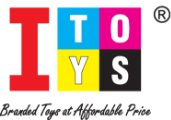

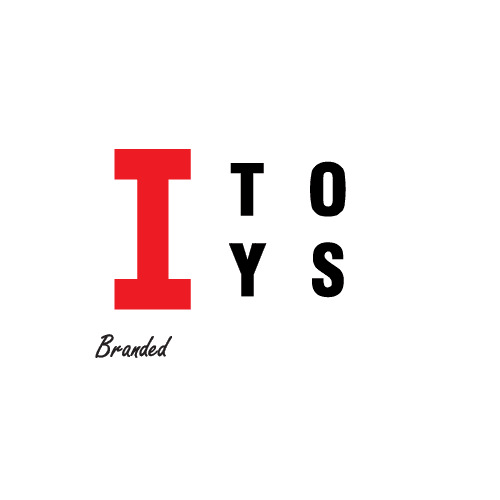
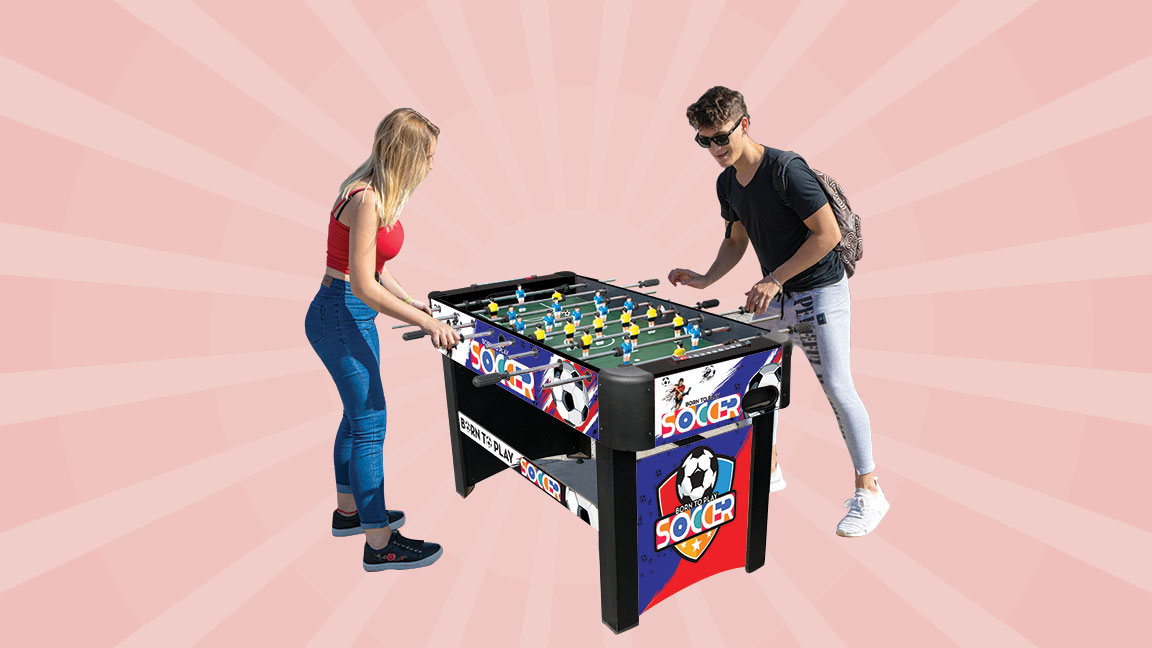
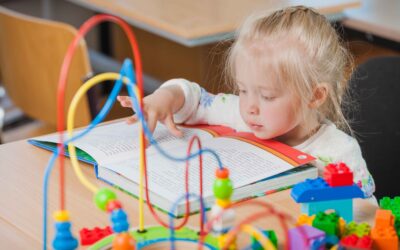

0 Comments